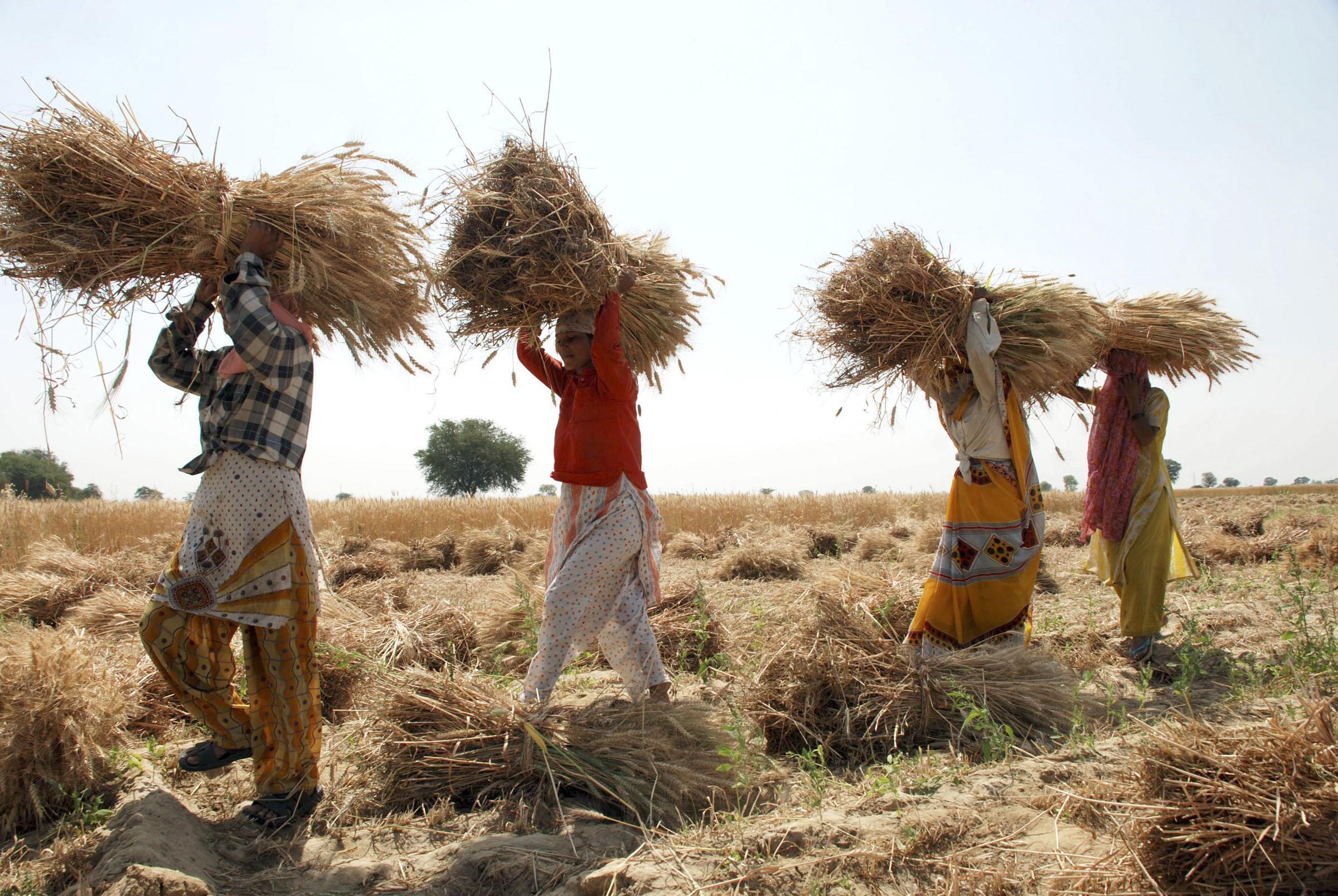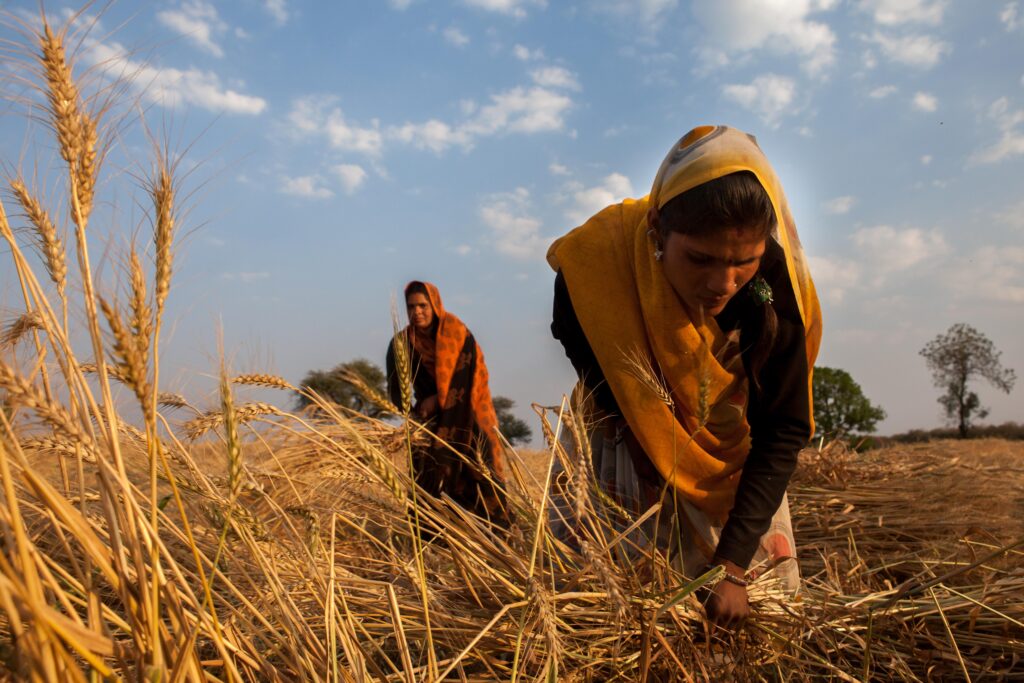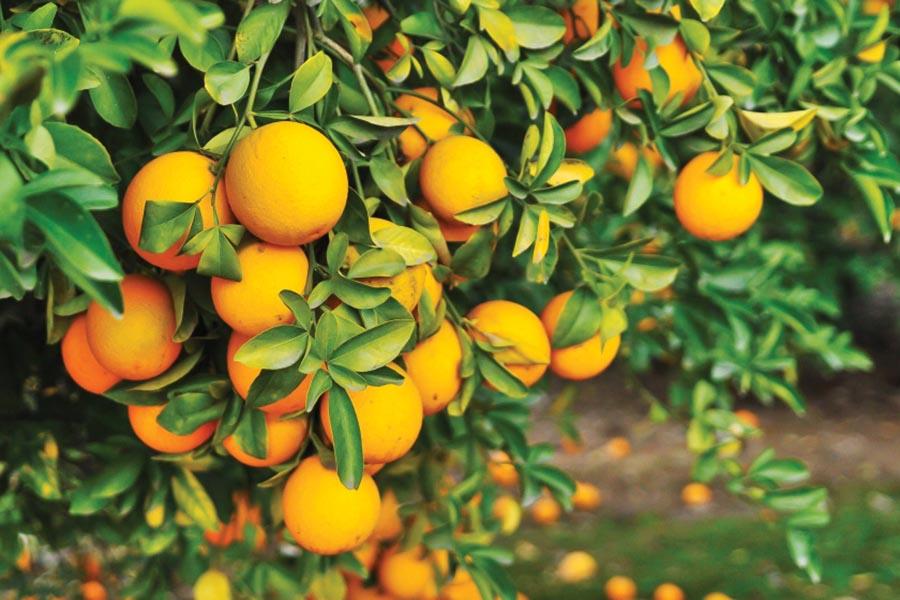Beneath the vast, golden expanse of wheat fields stretching across India’s heartland, a quiet agricultural triumph is taking shape. As the sun bathes the landscape in warm light,the farm ministry has announced a possibly historic milestone—a projected wheat harvest of 115.4 million tons, a figure that promises to redefine the nation’s agricultural narrative. This bountiful projection stands as a testament to India’s resilient farming community and their ability to navigate challenging terrain and unpredictable climatic conditions, potentially marking a significant moment in the country’s agricultural chronicles. In a promising growth for the agricultural sector, the farm ministry has revealed optimistic projections for wheat production this season. The anticipated yield of 115.4 million tons marks a significant milestone for the country’s agricultural landscape, signaling potential economic benefits and food security improvements.
Favorable monsoon patterns and enhanced agricultural practices have contributed to this remarkable forecast. Farmers across various states have demonstrated remarkable resilience and strategic crop management,leveraging advanced techniques and improved seed varieties to maximize their harvests.
Regions like Punjab, Haryana, and Madhya Pradesh are expected to play crucial roles in achieving this record-breaking production target. These agricultural powerhouses have consistently demonstrated their capacity to drive national agricultural growth through innovative farming methodologies and technological interventions.
The substantial wheat production comes at a critical time when global agricultural markets are experiencing unprecedented volatility. India’s robust agricultural performance could potentially position the nation as a key player in international grain trade, offering strategic advantages in global food distribution networks.
Agricultural experts attribute this potential record to multiple factors, including improved irrigation systems, better fertilizer management, and increased mechanization. Government initiatives supporting farmers through subsidies, technological training, and market access have also substantially contributed to this promising outlook.
Climate adaptation strategies have been instrumental in mitigating potential agricultural challenges. Farmers have increasingly adopted drought-resistant wheat varieties and implemented precision farming techniques, ensuring consistent crop yields despite changing environmental conditions.
The economic implications of this bumper harvest extend beyond immediate agricultural revenues. Increased wheat production can potentially stabilize food prices, enhance rural incomes, and contribute to overall economic resilience.
Government agricultural policies focusing on sustainable farming practices and farmer welfare have played a transformative role in achieving these production targets. Continued investment in agricultural research, infrastructure, and farmer support mechanisms will be critical in maintaining this upward trajectory.
The projected wheat production also underscores India’s agricultural potential and its capacity to feed its growing population while maintaining surplus for export markets. This achievement reflects the collective efforts of millions of farmers who continue to be the backbone of the nation’s agricultural ecosystem.
As the harvest season approaches, anticipation builds around the actual yield and its potential socio-economic impacts. The farm ministry’s projections offer a glimpse of hope and progress in India’s agricultural landscape, highlighting the sector’s remarkable adaptability and potential for growth.


